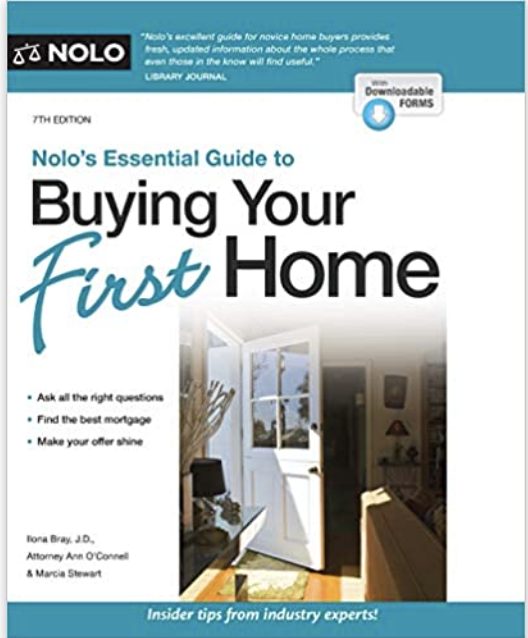How to Calculate How Much Home You Can Afford

Before you buy a home you need that one number – the monthly nut you have to meet. Here’s how to figure out what you can afford. Tweet

Highlights
Buying a house and getting a mortgage is like buying an expensive new mattress...
...what's right for you is not what's right for everyone else. So make sure you know what you need in a mortgage before you go out shopping for it.
Ah yes, the dream of buying a house. Your dream house.
And then, there’s the reality of your numbers.
Figuring out your affordability numbers is kind of like figuring out your sleep number:
Get both right, and you will get a lot better night’s sleep.

Just like everyone has a bed, just about everyone who owns a house also has a mortgage. So which is the right mortgage for you? And which can you afford?
We will cover the topic of how to choose the best bed for your needs at another time; for now let’s just focus on figuring out how much house you can afford:
–You can find mortgage calculators all over the internet at places like Bankrate, Nerdwallet, FreddieMac, and RamseySolutions. They’re all very useful and you can play with the numbers to your heart’s content.
But there are a few things you can’t get around:
–Your debt-to-income ratio (DTI) must be 28/36 or better, meaning your mortgage (including principle, interest, homeowners and mortgage insurance, and property taxes) can’t cost you more than 28 percent of your income, and your total debt (mortgage plus all the other stuff like credit cards and car loans) can’t cost more than 36 percent of your income. (Click here and here for some tips on how to improve your DTI and other tips on home buying you should know.)
–Remember, the numbers above are the upper limits on DTI. The lower your DTI ratio is, the more affordable your home will be long-term.
–Also remember, your mortgage total – particularly how much interest you’ll pay — will be affected by your credit score. So be sure to shore that up as you are doing your home-buying research.
–And lastly, the bigger the down payment you can make, the lower your mortgage payment and less interest you will pay for your mortgage over the life of your loan, so save as much as you can now so you can pay less later.





